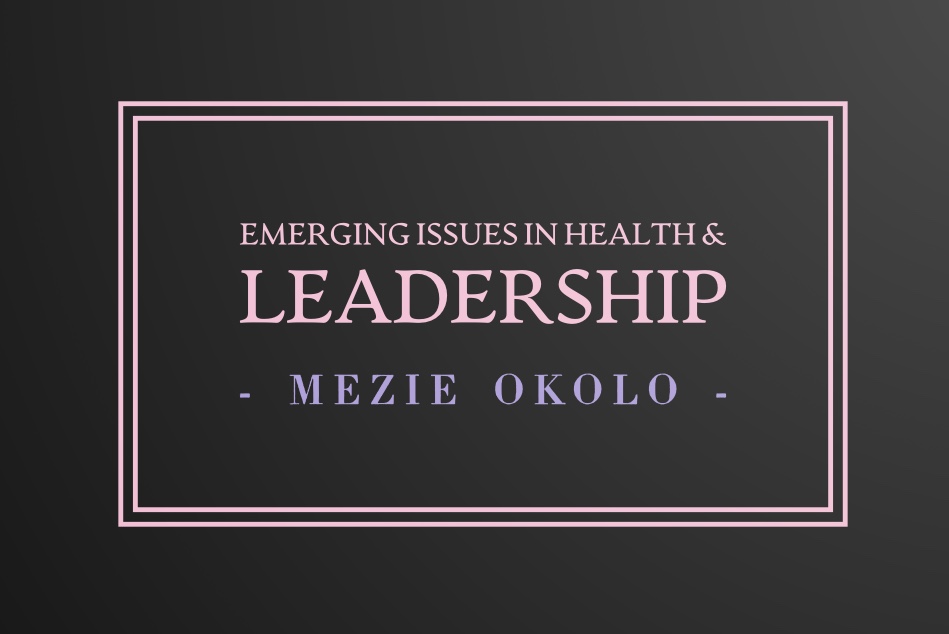My interest is to bring up issues around public health, leadership and socioeconomic policies with particular interest in Africa. My attention was recently drawn to the discussion going on at the lower house in Nigeria about compulsory vaccination. All the red flags are raised high.
While the subject of vaccination is not new, it is always important to understand the specifics so as to assess each case on its own merits. Often times, a lot of factors becloud our judgment and interfere with our independent assessment of the acceptability of any product. While the proponents tend to overestimate the benefits and downplay the adverse effects, consumers do not have all the tools to make value based assessments and that could affect consumer behavior. Anything ‘mandatory’ in Nigeria sounds bogus, unfortunately.
In every human society there are unmet health and social needs. Profitability comes through the provision of solutions to address targeted problems. Although people could be philanthropists, it is not always in the interest of the people that products are marketed. In fact, Adam Smith made it clear that in situations like this, although public health benefits, manufacturers of vaccines are for-profit organizations the last time I checked. So while they are eager to help us solve perceived public health problems, they need to be adequately regulated and properly monitored to ensure that public health interest is not sacrificed on the altar of economic profiteering. In health sector, there is market failure and the reasons are obvious.
So when elected officials begin the so-called debates on mandatory vaccination, a number of questions come to mind
– who moved the motion and what was the motive? Who does he represent and who financed his election? What other secret kickback arrangements does he have with the vaccine producers? Any conflict of interest to declare?
– why is the vaccine supposed to be mandatory? Do we not have clauses anymore that make it possible for people to decline vaccines based on medical, religious or personal reasons? Even for infectious diseases, does everyone have to get the vaccine for herd immunity to kick in? Certainly not!
– if this bill is being indirectly sponsored by the federal government, then what are they not telling us? What agenda is hidden behind the veil of the vaccination bill? Who are the prime targets of this bill and what exactly is in the vaccine? We are aware of the preponderance of information asymmetry especially in health.
– if any vaccine should ever be considered mandatory on its own merits then the patent right of the patent holder should expire with the approval of such mandatory laws. That will open the vaccine up for other companies to manufacture that way the chances of capturing, manipulation and adulteration could be reduced, and possibly dictated more easily.
– in the light of the recent rhetorics about testing vaccines in Africa, I believe no new vaccine should be made mandatory in Africa and any vaccine that comes into Africa should be quarantined and quality tested batch by batch by independent laboratories. We don’t want to believe conspiracy theories but we don’t have to blindly trust the government of the day because they have given us lots of reasons to doubt their loyalty and consistency. If anything, this government has been consistently inconsistent.
– While we are not against vaccines and vaccination, we must not trust every source and every vaccine that slips into the market because mischief makers could slip into vaccines elements that are not part of the monograph, and some of these could be detrimental to the african people.
Let me know your thoughts on this subject
Mezie Okolo is a Pharmacist, an Epidemiologist, and a Leadership Analyst at www.mezieokolo.com



